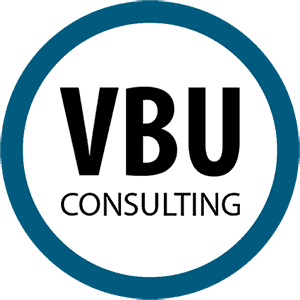Table of Contents
The successful implementation of Adaptive Software Development depends on both tools and processes as well as the psychological characteristics of team members. The most suitable team members exhibit adaptability, collaboration, emotional intelligence, and a strong inclination toward continuous learning. These individuals thrive in ambiguity, embrace change, and prefer an exploratory approach to problem-solving rather than rigid control. They are comfortable with iterative work, open feedback, and learning through experimentation.
Psychological Traits of Ideal ASD Team Members
| Trait | Description |
|---|---|
| Adaptability | Comfortable shifting priorities and adjusting to new information. |
| Collaborative Mindset | Values teamwork, co-creation, and cross-functional cooperation. |
| Curiosity and Open-Mindedness | Eager to explore alternative solutions and welcome feedback. |
| Resilience | Handles uncertainty, failure, and change without frustration. |
| Self-Motivation | Can work autonomously and takes initiative in a fast-moving environment. |
| Growth-Oriented Thinking | Views setbacks as learning opportunities rather than failures. |
Sample Questions and Ideal Candidate Answers for ASD Teams
1. How do you typically react when project requirements change mid-way through development?
Ideal Answer:
“The change presents an opportunity to improve alignment with user requirements. I make an effort to grasp the underlying reasons for the change while collaborating with the team to reorganize priorities and modify plans.”
2. Describe a time you had to learn something new quickly in order to complete a task
Ideal Answer:
“I learned a new API in 48 hours during my previous project. I built a small prototype while reading documentation and asking peers for help to accelerate my learning process. The approach allowed us to meet our deadline before schedule.”
3. How do you handle working with team members who have different viewpoints?
Ideal Answer:
“I believe disagreement can spark innovation. I make it a point to listen actively, ask clarifying questions, and focus on the shared goal. It’s about finding synergy, not winning arguments.”
4. How do you approach situations with unclear or evolving project scopes?
Ideal Answer:
“I divide the problem into smaller parts while clearly stating my assumptions before starting the iterative process. I check in with stakeholders frequently and remain open to revising my approach as new insights emerge.”
5. Can you give an example of a failure and what you learned from it?
Ideal Answer:
“I once deployed a feature without enough user testing, and it flopped. I learned the importance of continuous user validation. Now, I push for quick feedback loops before going live.”
6. What does “learning through iteration” mean to you?
Ideal Answer:
“The process involves testing minimal modifications while tracking results to apply discovered insights for improvement. Each cycle provides an opportunity to prove or modify our initial assumptions.”
☕ If you found the brief directions about how to identify suitable person for Adaptive Software Development team, you can support my work with a coffee on Buy Me a Coffee. Your support keeps me motivated to keep sharing insights.

